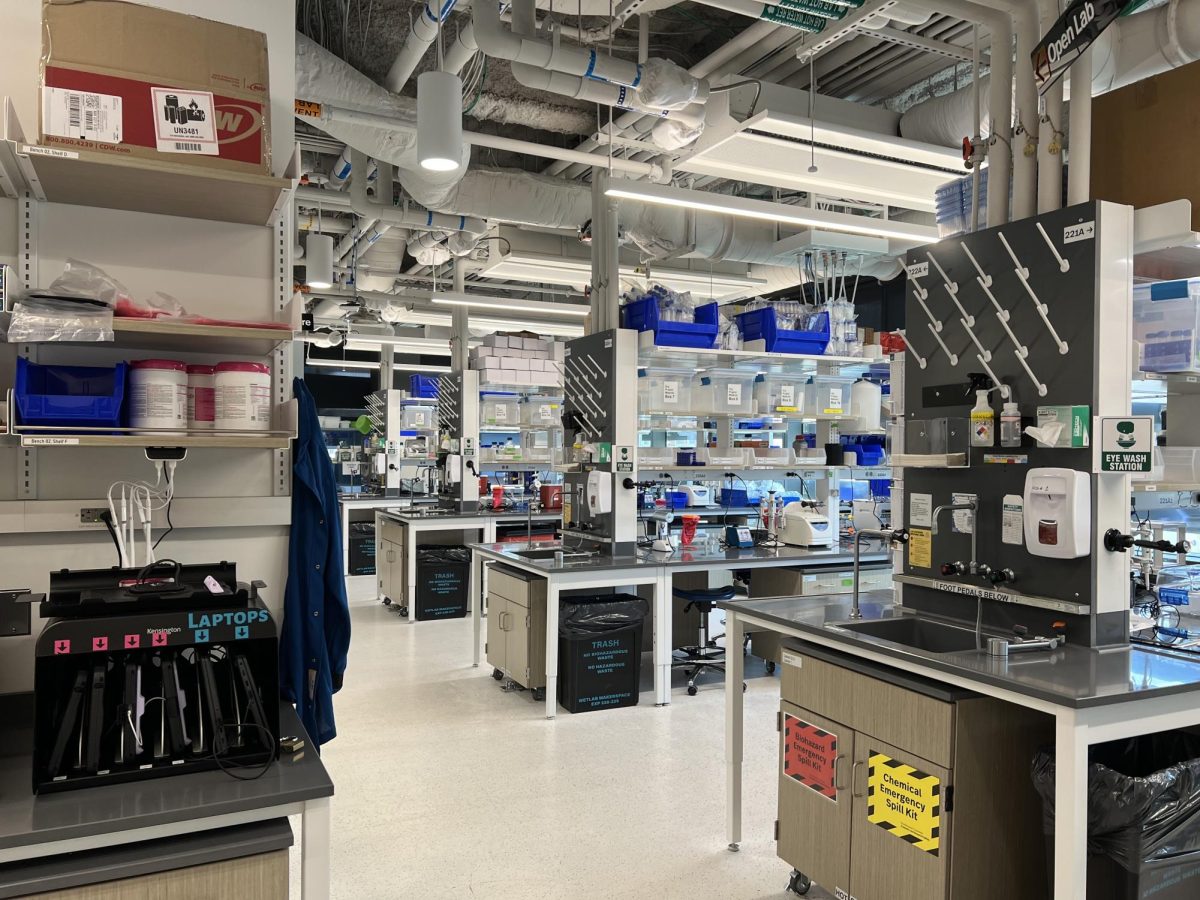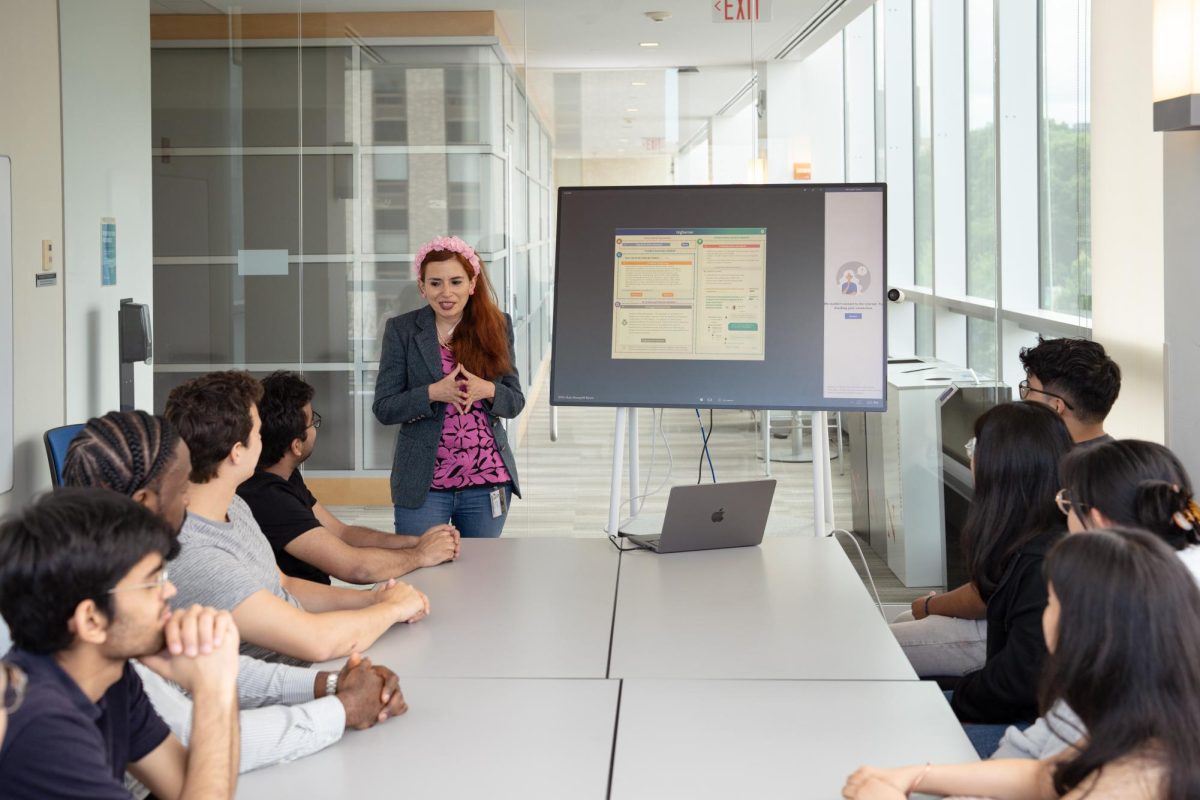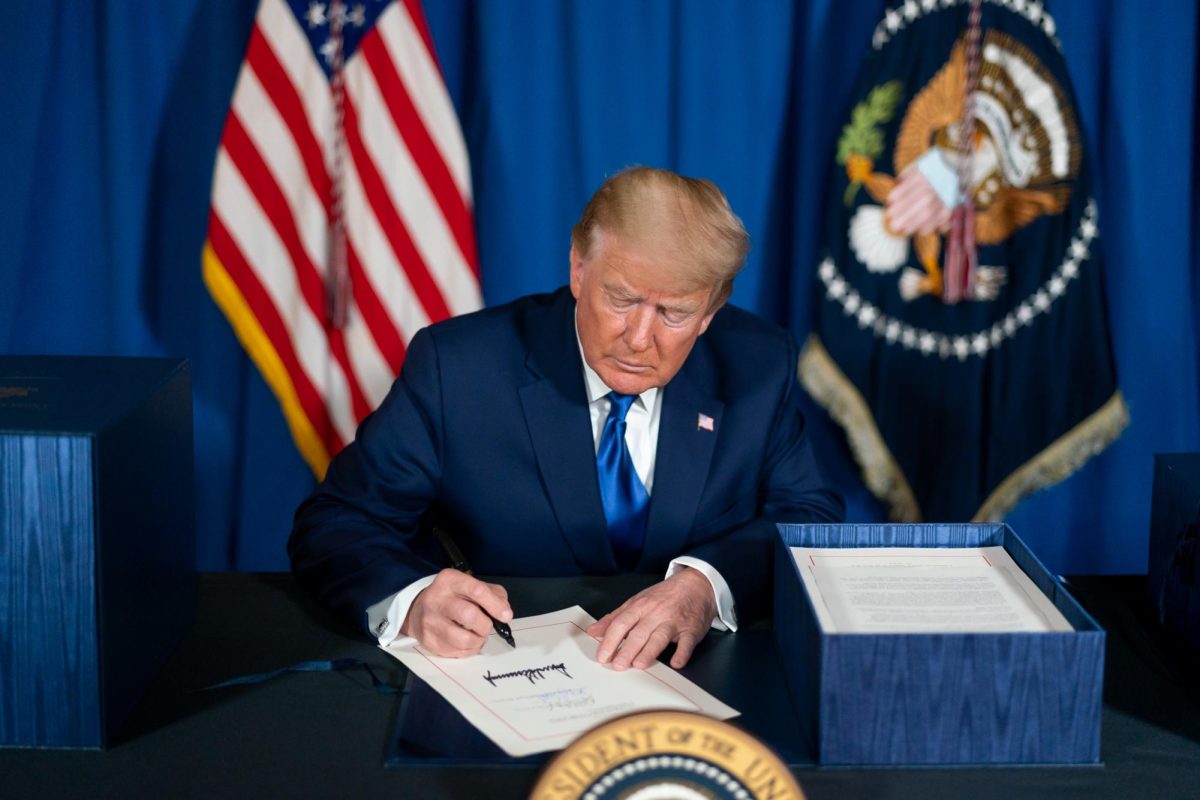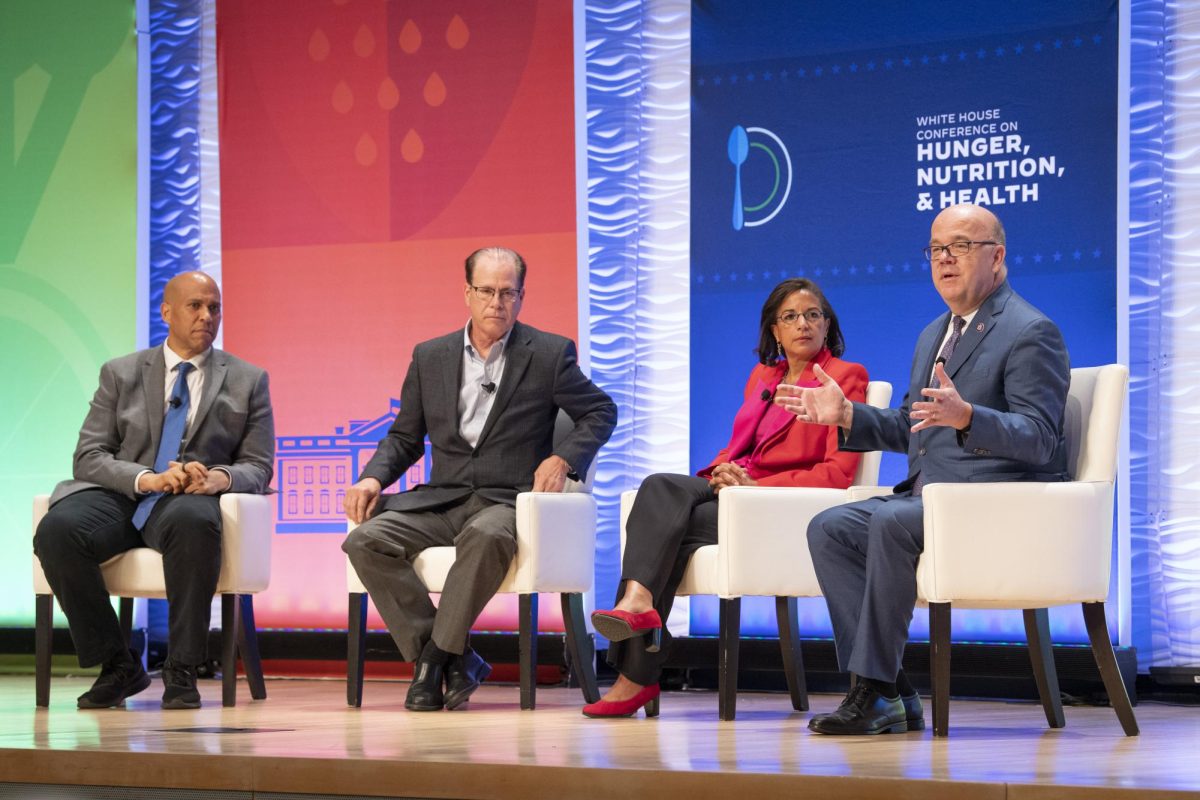By Todd Feathers, News Staff
Following in the footsteps of the Massachusetts Institute of Technology, Columbia University and Harvard University, this month Northeastern will be the fourth school to host the Millennium Campus Conference and a cast of world-renowned speakers.
The MCC, which will be held Sept. 14-15, is a budding, student-organized forum that highlights the ways that students are helping the world achieve the United Nation’s Millennium Development Goals.
Students from around the world will participate in social innovation workshops, networking events and to hear keynote speeches from the likes of Leymah Gbowee, 2011 Nobel Peace Prize winner, Jeffrey Sachs, director of the Earth Institute at Columbia University and Paul Farmer, co-founder of Partners In Health.
“This conference will change the lives of many people who will go when they see the impact they can have,” said Nate Bessa, a junior computer science and business entrepreneurship major who is the director of this year’s conference.
Bessa said he was an “uninspired young adult” before going to last year’s conference at Harvard University, where he met Sam Vaghar, founder of the MCC, and began a series of correspondences that lead to Northeastern hosting the conference this year.
“I really looked at some of the best interns and volunteers over the past five years and they’ve been from Northeastern,” Vaghar said.
“The passion of students there to bring an end to global poverty really amazes me,” he said, adding that Northeastern, located in a college hub such as Boston, is the perfect setting to connect with students.
For months Bessa and a team of nearly 20 Northeastern students have been coordinating, problem solving and organizing minute details of the conference.
From major things like organizing security to seemingly minor details such as like what color and kind of wristband will be used for which event, Bessa and his group have taken on all the responsibility of organizing an internationally recognized conference that could end up costing between $70,000 and $100,000.
Most of the cost will be covered by ticket sales, but the organizing committee is also reaching out to sponsors and university groups for funding.
“We’re on track [for fundraising], but we always need more,” Bessa said. “Any extra money we raise goes into student grants we like to give out.”
With the help of university departments like the School for Public Policy and Urban Affairs the organizing committee was given access to Curry Student Center and Blackman Auditorium for half the usual price.
Bessa said the conference has received substantial support from the university and he said he is hoping that Northeastern students will make up a large portion of the 1,200 expected attendees.
A conference as large as the MCC will strain the capacity of Northeastern’s facilities, though. At one of many planning meetings student organizers debated how best to distribute limited space at the most popular speeches, which will include one by university president Joseph Aoun, and had to concluded that some attendees would have to miss out on speeches they want to see.
In addition to the keynote addresses and social innovation workshops the conference will provide attendees the chance to network and observe the technological and social innovations of their peers at the Innovation Expo Friday, Sept. 14.
“It’s the day students meet each other, it’s the day when students get together to show each other what they’ve been doing,” Bessa said. “It’s not a science fair with hypothesis and tri-folds, it’s real stuff that students have created and can market on their own.”
The conference is being hailed by many at the university as a sign of the success of Northeastern’s experiential learning focus.
“We’ve seen how Northeastern students are increasingly involved trying to make a difference locally and around the world,” said John Sarvey, executive director of the School or of Public Policy and Urban Affairs. “We believe that students … many of them who enroll in the policy school, take an interest in addressing social problems like transportation, agriculture and water supply and we like to support that.”








